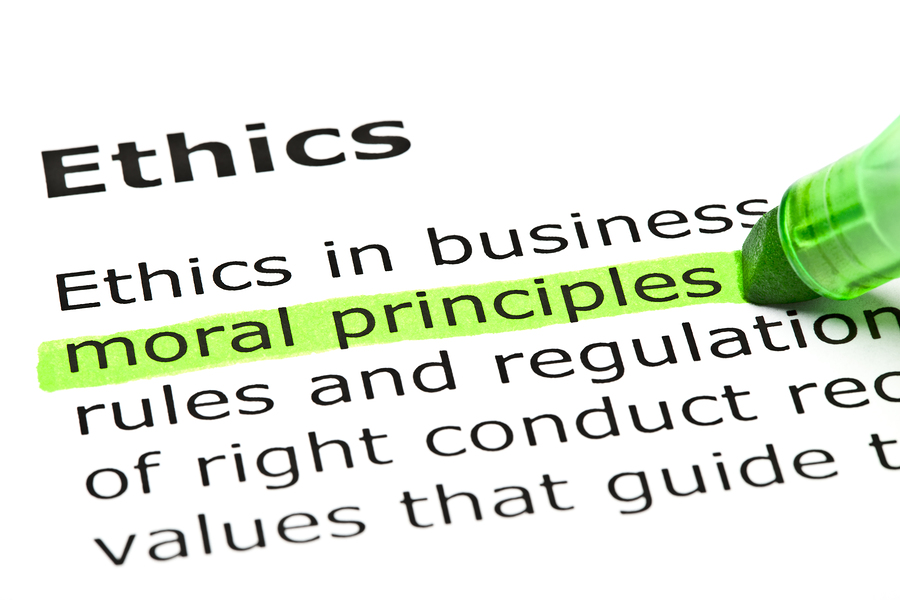I will often get questions about the “moral turpitude” clause found in many of the contracts we receive. It’s not a description often heard in daily conversation. “Have you turpituded today?”
Many faith-based publishers have had a “moral turpitude” clause in their contracts for a long time. Moral turpitude is well defined in this post on Wikipedia. It is understood in the legal community as actions or activities that can get you fired from your job, deported if you are only in this country on a visa, or have your contract cancelled if you are an author.
Here is a typical version of the clause found in many of the contracts our agency negotiates:
MORAL TURPITUDE. In the event Author is publicly accused of an act of moral turpitude (substantiated by the preponderance of evidence, a court decision, or Author’s own admission), a violation of any Federal law or any other conduct which subjects or could be reasonably anticipated to subject Author or Publisher to public ridicule, contempt, scorn, hatred or censure, or could materially diminish the potential sales of the Work, Publisher will have the right to terminate this Agreement upon written notice to Author of the public disclosure of such conduct or alleged conduct. In the event of such termination of this Agreement, Publisher will have the right to demand from Author and receive payment within thirty (30) days of the demand, a sum equal to all advances paid to Author under terms of this Agreement that have not been recouped by Publisher prior to said termination. Upon such payment all rights granted to Publisher in the Work will terminate and vest exclusively in Author, provided that Publisher will have the right to sell or otherwise dispose of all remaining copies of the Work in any manner Publisher deems appropriate.
I do not begrudge a publisher for including this clause in a contract. It makes perfect sense. There any many cases, and a few currently pending, where a very public Christian figure has had to step down for immoral behavior. When that happens, the publisher is left holding a bag full of books and no place to sell them. (Conversely, a few agents have jokingly asked why there isn’t a moral turpitude clause that applies the same standards for the publisher!)
Recently, we did a contract with two co-authors. This moral turpitude clause had to be carefully written so that if one of the authors went off the rails the co-author would not be held liable for those actions.
The bottom line is “Don’t do bad things!” and then you won’t ever have to worry about a clause like this being misinterpreted or misapplied.
Does having such a clause create extra caution on the part of an author? I don’t think you can keep someone from doing bad things just because there is a penalty clause in a contract. It is like the issue of trying to legislate morality. I edited a book by that title many years ago: Legislating Morality: Is it Wise? Is it Legal? Is it Possible? by Norm Geisler and Frank Turek.
A professional basketball (NBA) player will still shout at a referee despite the fact they will get fined if they receive a technical foul. It doesn’t stop them. However, the threat of being ejected for their second technical does noticeably keep their tempers at bay.
The simple answer is that no I don’t think it will change an author’s behavior. But it will save publishers a penny or two some day.
Some people think a clause like this is terrible. An invasion of privacy and intrusive into the life of the author. Back in 2011 Ursula LeGuin, author of some legendary science fiction and fantasy, posted a riff satirizing the morality clause that had recently begun appearing in the HarperCollins contract. Read her satirical article called “12. A Riff on the Harper Contract” for a example of that thinking.
In the last ten years since I first wrote on this topic here, we’ve seen very public moral failures by any number of well-known people. (Athletes like Lance Armstrong, for example. Plus a number of well-known faith leaders.) The #MeToo movement brought more significant stories to light. While some may not have had books withdrawn, many have had corporate sponsorships removed.
I’m going to risk saying it again. If you dislike the morality clause in your contract, don’t do bad things and it won’t be an issue. If you don’t like the warranty or indemnifcation clauses in your contract, don’t make it an issue by writing bad things!




